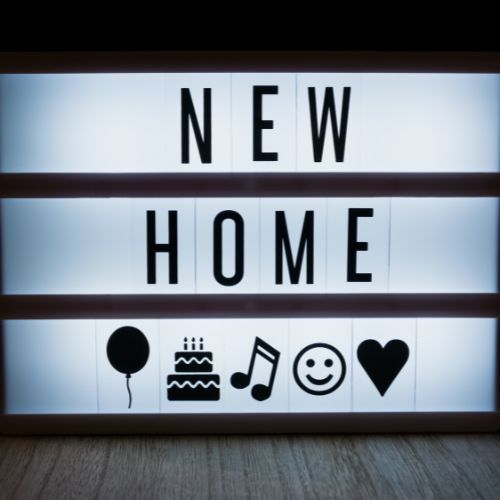
The Art of Displaying Masks in Home Decor: A Bold Statement or A Faux Pas?
|
|
Time to read 2 min

Welcome to our hub of new arrivals! Explore our latest additions, constantly...
|
|
Time to read 2 min
In the vast arena of home decor, the incorporation of masks as ornaments is a topic that sparks vivid imagery and diverse reactions. Are these silent sentinels of cultures, stories, and emotions a fitting tribute to global artistry, or do they stir unease among the uninitiated? Let's unmask the controversy, beauty, and psychological intrigue behind decorating with masks.
Masks have been a part of human culture and ritual since ancient times, serving as conduits for spiritual, ceremonial, and artistic expression. From the vibrant masks of Venice's Carnevale to the profound tribal masks of Africa, each piece carries a story, a purpose, and a soul.
One cannot deny the immediate impact of a mask. Its presence in a room adds a layer of mystery and drama, often becoming a focal point that draws the eye and sparks conversation. In a space that celebrates eclectic and bohemian styles, masks can harmonize beautifully, adding depth and a sense of global sophistication.
However, not all reactions to masks are of fascination and admiration. For some, masks evoke feelings of discomfort or superstition, tapping into primal fears of the unknown or the hidden. Critiques suggest that masks, especially those with somber or stern expressions, can imbue a space with a heavy, unsettling energy. Furthermore, there's a philosophical debate that decorating with masks might imply a metaphor for duplicity or concealment, suggesting that the inhabitants, like the masks, present only a facade.
For enthusiasts eager to include masks in their decor, considering the following can bridge the gap between aesthetic appeal and personal comfort:
Context and Curation: The way masks are displayed and the context in which they are set can influence their impact. Grouping masks with similar themes or origins, or integrating them into gallery walls with other art pieces, can soften their presence and embed them more naturally into the decor.
Balance and Harmony: Ensuring that masks complement the room's overall style and color scheme can help integrate them more seamlessly. A mask should enhance, not overwhelm, the space.
Narrative and Meaning: Sharing the stories behind the masks can transform them from mere objects to cherished artifacts, enriching the home's narrative and deepening connections with the art.
The decision to decorate with masks hinges on personal taste, the stories you wish to tell through your space, and the emotions you aim to evoke in those who enter it. Like any bold design choice, masks have the power to transform a room—whether that transformation is invigorating or unsettling is in the eye of the beholder.